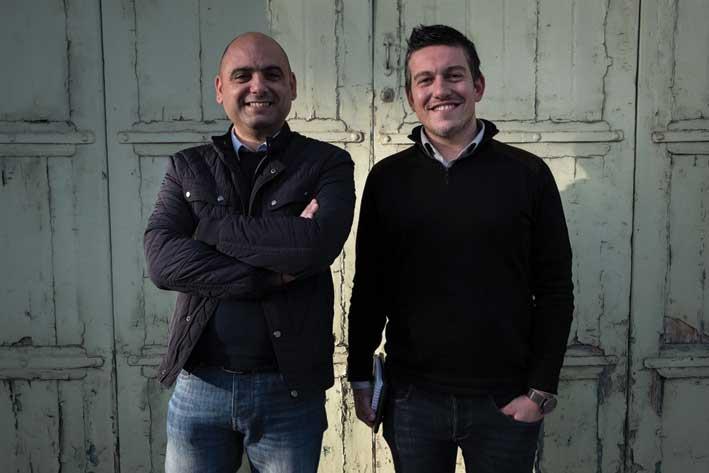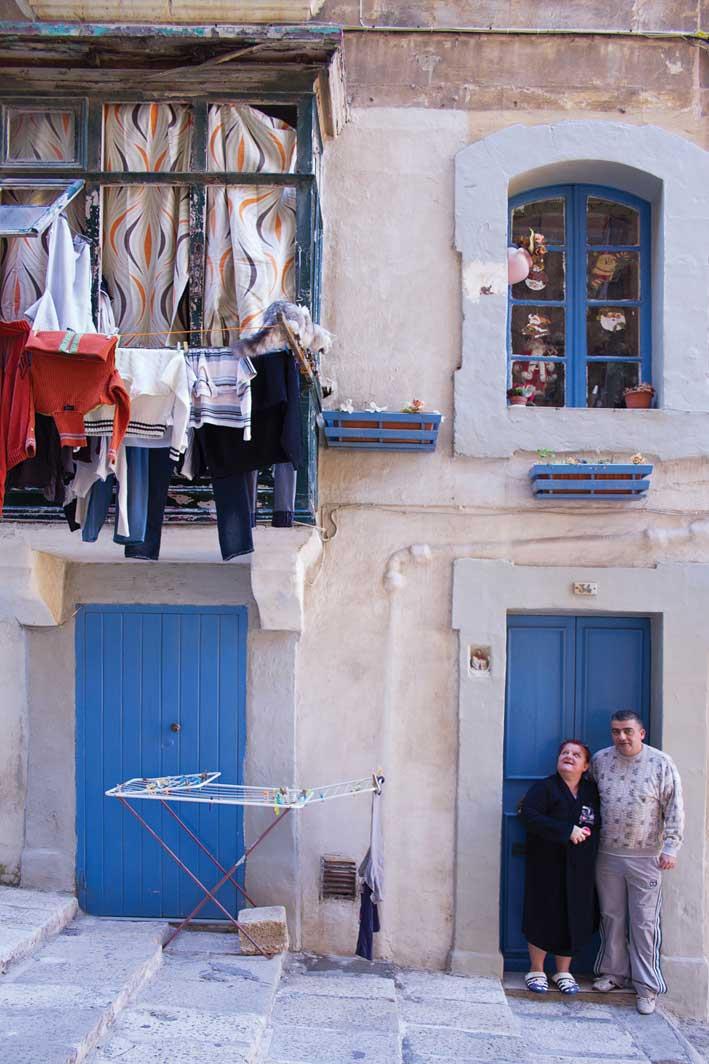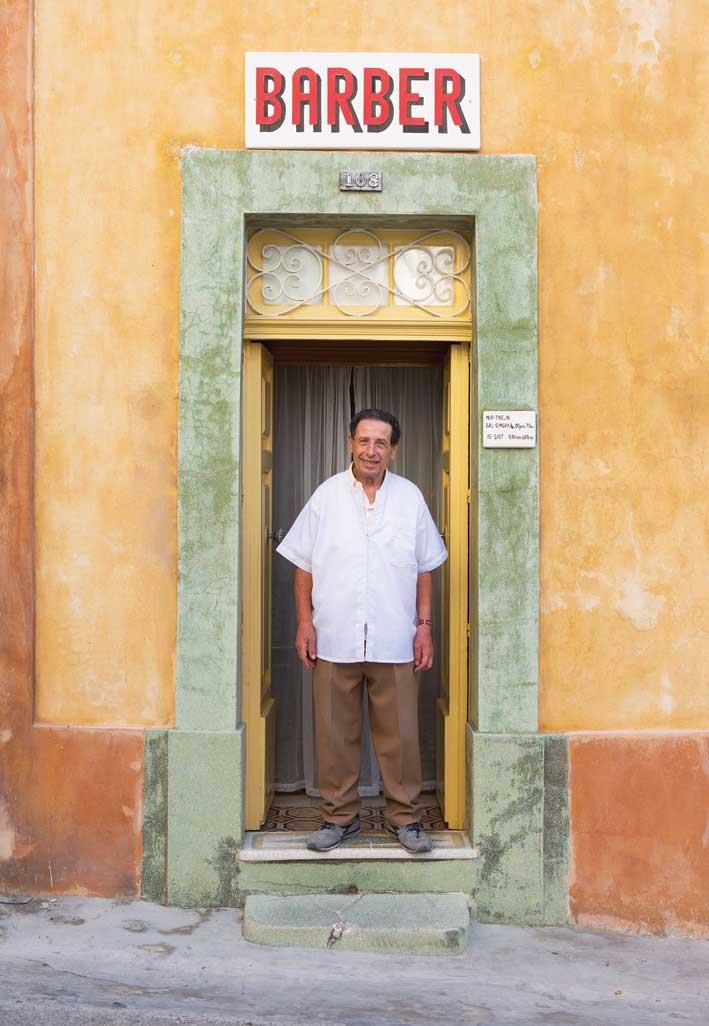We rush by strangers in the street on a daily basis. Very often, not even a glance is exchanged, let alone a good heart-to-heart. When Stephen Buhagiar and Roderick Vella meet up to interview people for their project, People of Malta, strangers end up becoming friends - and sometimes confidants.
Photo by photo and interview by interview, over the past three years the pair has built up an archive of over 1,200 photographs and insights into the lives of Maltese people. Roderick and Stephen are actually colleagues, both working as teachers in the same school - one teaching Italian and the other religion - with both having a shared interest in photography, hand-in-hand with a love of Maltese culture.

"We had seen Humans of New York, and wanted to create a similar project with a Maltese touch," Roderick told me. "We wanted to do a project with purely Maltese people, to try and get that cultural aspect." The two started off by photographing individuals involved in Maltese trades and crafts, or the typical villager making his way through the village square, "but now", they said, "we are quite open to photographing anyone."
Many of their interviewees are identified through recommendations from members of the public, who know of an interesting person or business. Their strategy is simple: they make a point of meeting up at least once a week. They either choose a village square, in the knowledge that they will find some interesting individuals, or they start their day with an appointment with someone and then move on from there.

As time goes by - and with People of Malta growing and becoming more known to people - they are finding it easier to photograph people. However, a fear of Facebook and the concern that people will recognise you if you say something considered wrong, remain the main stumbling blocks for the project.
"In Human's of New York, no one will know who you are, so people feel more freedom to be honest about things," said Roderick. "In Malta, people will recognise you, so you leave many details out."
Malta's dying culture
Because they meet so many people, and listen to such an abundance of stories, I am curious as to what these two have learnt from their project. Firstly, by collecting a considerable sample of people from different parts of the island, they highlight the fact that people behave differently, from one village to the next.
"The level of education of the person is also evident," said Roderick. "Not because the lower class is not intelligent but because they are often better at craftsmanship. And you notice that, unfortunately, this is being lost in the Maltese population."
In fact, their concern that certain traditions and cultural aspects are dying is one of the things that strikes them most. "Certain traditions, such as how we talk and live and relate to each other, are being lost," said Stephen. "In some villages, you still find brothers and sisters who meet each other every day. How common is that in this day and age? Nowadays, we are so rushed all the time that we are losing that way of life."
This angle has made them look at their project in a different light - more as an anthropological study of sorts. Among other things, Stephen expressed his surprise at how much people tend to open up and feel they can trust easily. He cited a love for family and their country as similarities that commonly emerge when they speak to people.

Il-Beltin
With the theme of this month's edition of First being Valletta, I asked Roderick and Stephen what they have learnt about people from Valletta.
"If there is a place in Malta where people are the most open, it is Valletta," said Roderick. "They are proud of their city. If you meet somebody who lives in Hamrun but is from Valletta, they will make a point of telling you that they are from Valletta.
"They also love things that are typical of Maltese culture: carnival, football and feasts. Feasts are the highlight of their year, they live for them. We also feel that Valletta has evolved a great deal in the past few years, but there are still parts of the city which we feel have a certain stigma attached to them and we are interested in discovering more about these," he said.
What story touched you the most?
A long pause followed that question, as they both went through the mental archives of stories they have heard, until they both admitted it was impossible to choose just one.
However, they each mention a story that has stayed with them. For Roderick, it was the inseparable couple who they met in Haz-Zebbug, celebrating their 60th anniversary. Tragically, the husband passed away just a few months after their interview with the couple.
For Stephen, it was a man from the same village, named Ivan, with whom he spent "the nicest hour talking to." Stephen explained that, inspired by the National Geographic magazine, Ivan would split a year in half, working intensively for six months and then flying to a new country for the other half of the year, to experience life in that country. "Each person has a story," said Stephen, "that is why we say there isn't one particular one."
The People of Malta will be launching a book in the coming weeks and after that, their future holds no closed doors. "We will keep on-going, our doors are always open," they said, before Stephen took out his camera- to take a photo of me for the collection.